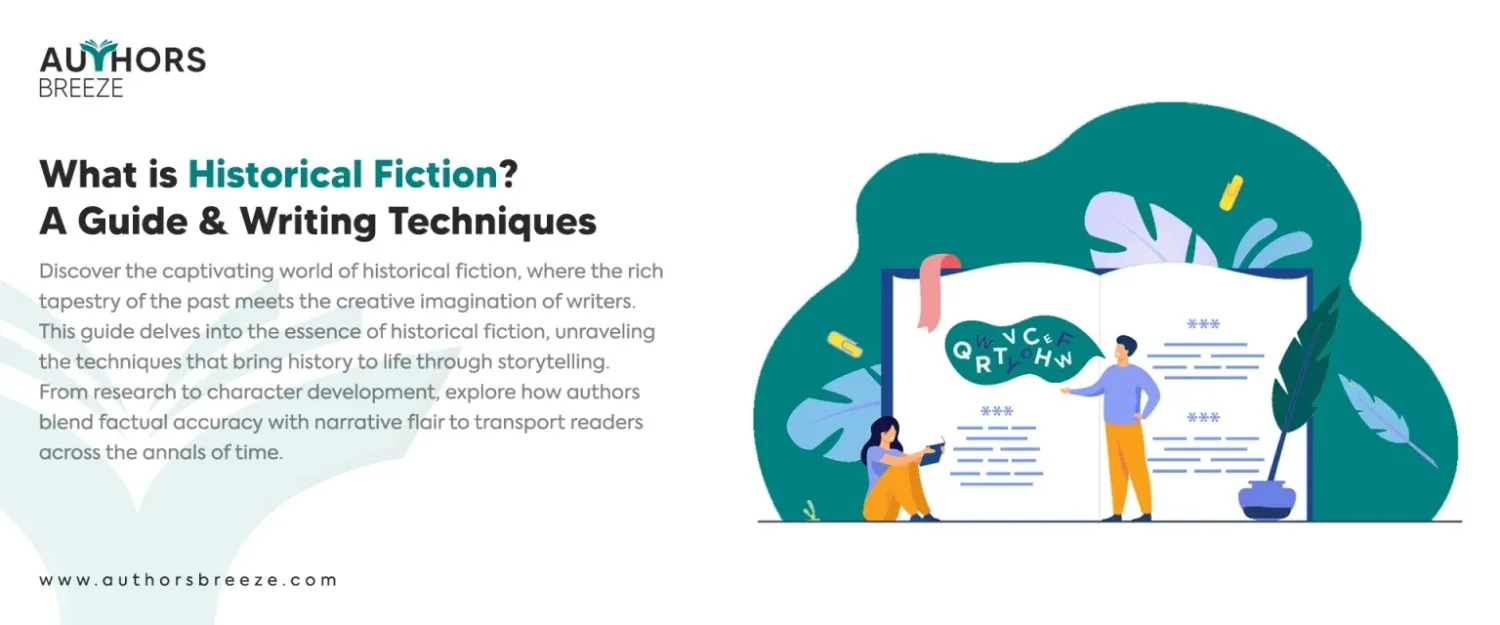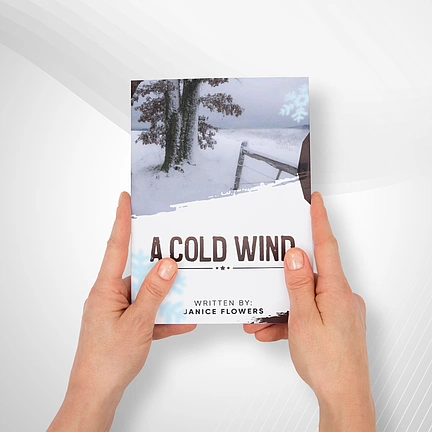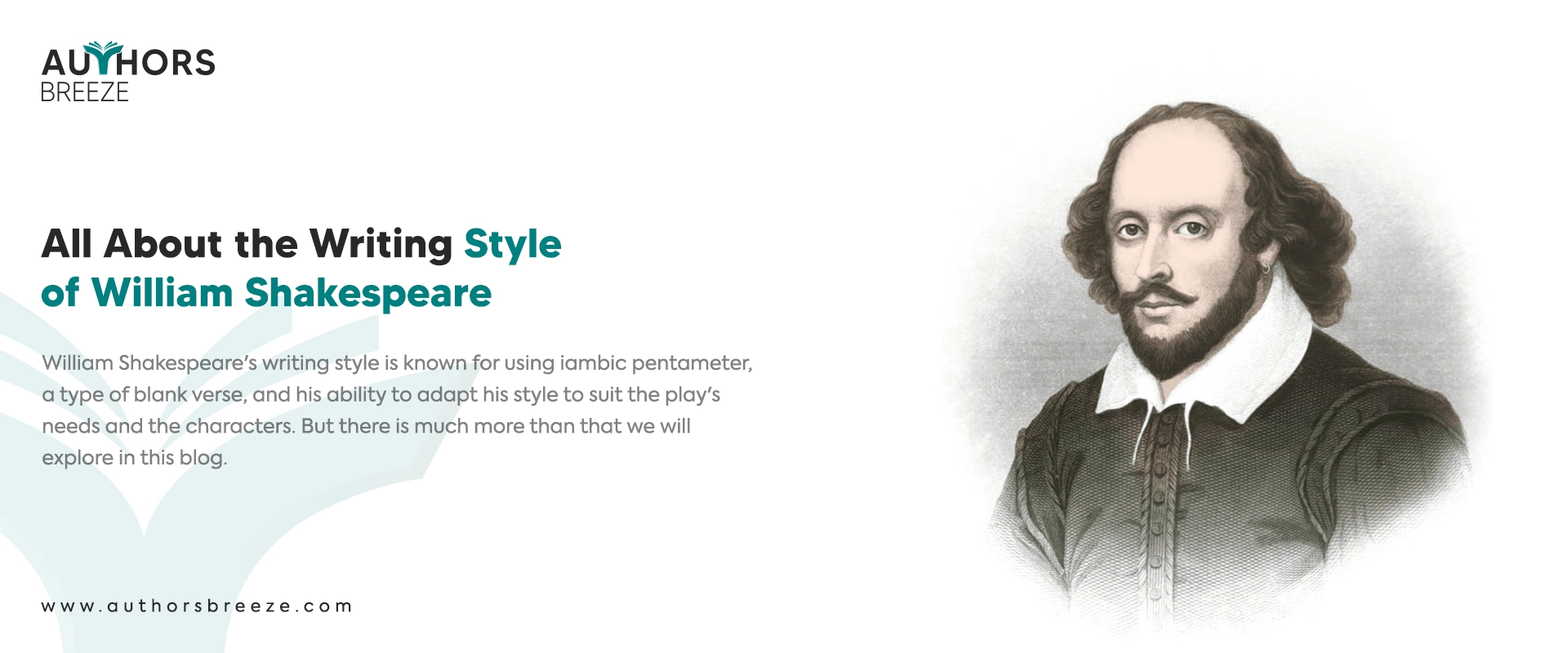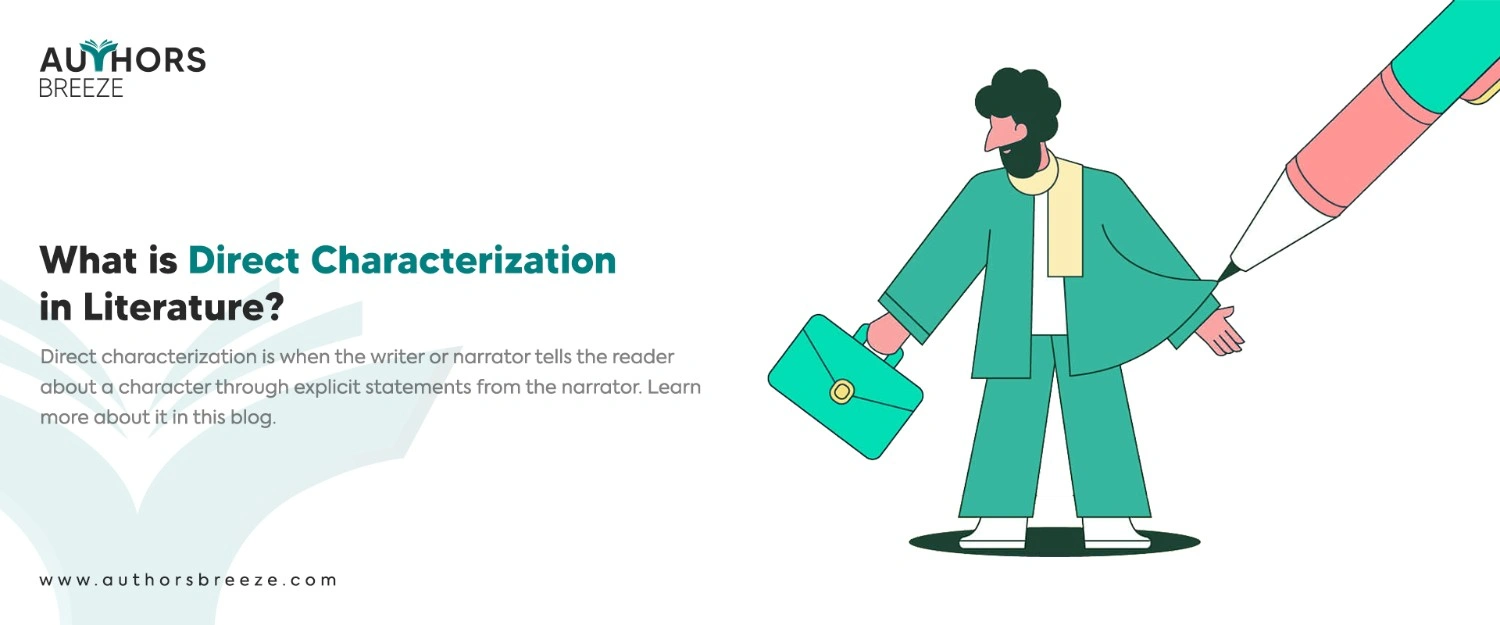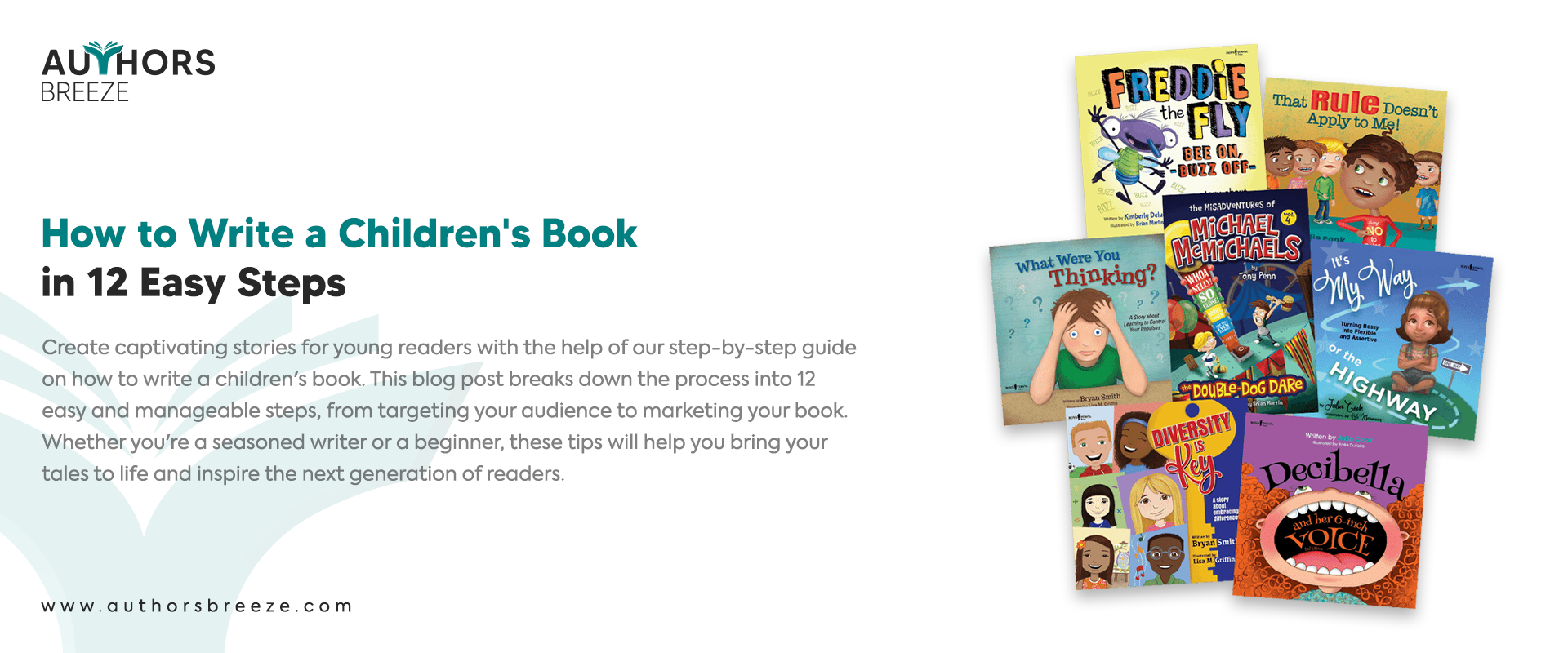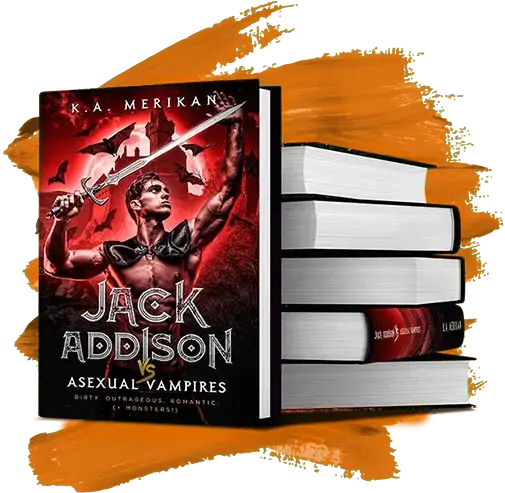Don’t Have Time to Read? Listen to Historical Fiction Instead!
Key Takeaways: What is Historical Fiction
- Historical fiction is a genre that combines factual historical events, places, and time periods with fictional characters and narratives, offering an immersive experience of the past.
- This genre has a long-standing tradition, allowing readers to explore various cultures and time periods through engaging stories, thereby making history accessible and compelling.
- Historical fiction is not monolithic; it encompasses a wide range of sub-genres, settings, and time periods, from ancient civilizations to modern historical events, providing a rich tapestry of narratives for readers.
- The genre is characterized by its meticulous setting, authentic characters, engaging plot, period-appropriate dialogue and language, and the exploration of timeless themes through the lens of history.
- Authors should prioritize thorough research to ensure historical accuracy, balance fact with fiction to maintain engagement, create authentic characters that reflect their time, and vividly depict the atmosphere of the period to fully immerse readers in the story.
- Careful attention must be paid to avoid anachronisms in language, technology, and social norms to preserve the authenticity of the historical setting.
- Works like “The Book Thief” by Markus Zusak, “To Kill a Mockingbird” by Harper Lee, and “The Kite Runner” by Khaled Hosseini illustrate the genre’s potential to address significant themes and historical periods through powerful narratives.
Write an Exceptional Historical Fiction Book
Turn your ideas into a captivating ebook with Authors Breeze. We can help you craft a compelling ebook from start to finish.
Introduction to Historical Fiction
[“I believe that historical fiction is the closest thing we have to time travel” – Cassandra Clare]
There is fiction, and there is history. Historical fiction is a mix of both. It is an imaginative time machine that takes us back in time. Historical fiction lets us experience the past through the eyes of fictional characters. It is a great genre of literary fiction that describes history in the best form.
Historical fiction novels are extremely special. They help us experience different times and places from the comfort of our homes. Historical fiction books make history come alive and make us understand our past. The thing that makes them unique is the blend of real events and fictional stories. This makes our journey through the past interesting and immersive.
What Is Historical Fiction
First, we will break down what historical fiction means and what its history is. Then we will move on to our next section, which is types of historical fiction.
Historical Fiction Definition
Definition of Historical fiction: It is a mix of real history and fictional storytelling. It includes fictional characters such as a round character and stories with the addition of aspects of real life, such as:
- Historical events
- Places
- Time periods
While the characters and plot are fictional, the historical setting and context are not. They are based on real facts and events.
History of Historical Fiction
Historical fiction is a very old genre and has been around for a long time. Events of history are difficult to understand which is why writers use fictional history as a base to explain it. They tell stories about the past, such as ancient days or more recent times. People love historical fiction because it lets them travel to the past and learn about different cultures. It has changed and gotten even more popular over time. It has now become one of the favorite types of books people love to read.
Types of Historical Fiction
There is not one type of historical fiction out there. It has many:
- Biographical Historical Fiction
- Historical Romance
- Historical Novel
Authors can choose these to bring life to their stories.
Sub Categories within Historical Fiction
Historical fiction is not only of one category. It has many kinds. Authors can tell stories at many different times and locations. They can set stories in places such as:
- Medieval Europe
- Ancient Egypt
- During World War II
Each type of historical fiction has its own special place. This gives readers a chance to discover different parts of history through exciting stories.
Different Time Periods and Settings
The great thing about historical fiction is that it can take you to any time in history. It allows you to roam in the streets of ancient Egypt or see the Roman Empire fall. Historical novels have everything that you may want to read or want to know about as per your interests. As an author, you can make lots of different stories by picking different times and places. This will also develop interest in readers and make history a fun-filled activity.
Elements of Historical Fiction
Now that you understood what historical fiction is, we will now explain the elements of it. Just as with any other genre, this also has some elements of fiction that make up a fictional story based on history. Here are some of its most important elements.
Setting
The setting of a historical novel is just like its background. It is where the story takes place and sets the stage for all the action. Authors work hard to paint a clear picture of the time and place of their story. They use details such as:
- Architecture
- Clothing
- Daily life
This helps them take their readers back in time.
Characters
Just like in any story, characters are at the heart of a historical novel. Authors create fictional characters such as morally grey characters who spend their lives in the novel’s setting. The characters also face the challenges and experiences of their time period. These characters deal with issues that were common in their time. This gives readers an idea of what life was like in the past.
Plot
The story of a historical novel is what happens in it, set against the background of history. It could be about major historical events such as:
- Wars
- Revolutions
- Conflicts
It may also be about smaller, personal stories from a certain time. However, it does not matter much. The plot should just be interesting. It should keep the readers hooked from the start to the finish.
Dialogue and Language
When it comes to historical novels, the way characters speak matters a lot. Authors use language that is appropriate to the time period in which their story is set. They ensure that characters sound just as they belong in that time. This helps create an immersive experience for readers and adds authenticity to the story.
Themes
Historical fiction often includes wide themes that are relevant to both the past and the present. These might include themes such as:
- Love
- War
- Power
- Justice
It can also include specific themes that relate to the time period the story is set in. This is a great way to address some crucial points. When authors explore these themes through the lens of history, they help highlight important issues.
Your Story, Our Words
Let your voice be heard, even if it’s not your own. We will help you tell your anonymously.
Tips and Techniques for Writing Historical Fiction
So, how can you write a book on historical fiction on your own? We will explain everything in a bit. Below, you can find some helpful tips and techniques if you want to write a historical novel. This is especially true for aspiring writers who want to start their own historical fiction work.
Conduct Thorough Research
The first thing to have in mind is research. You have to know everything before you start writing and publishing. It is important to conduct thorough research about the history of your story. This means that you have to study everything, such as:
- Everyday lives of people during that time
- Major historical events that shaped the period
The more you know about the historical context, the more authentic and believable your story will be. It will also help readers know about the real history through your story.
Balance Fact and Fiction
One of the most important parts when writing historical fiction is to draw a line between facts and fiction. It is essential to find the right balance between historical facts and fictional elements in your story.
Many writers miss this, and they mess up the story. Therefore, this is key to creating a successful historical novel. While it is important to stay true to history, you can still try your creativity. You can create interesting characters, such as foil characters, and stories that bring history to life in new ways.
Create Authentic Characters
Your characters should feel like real people who belong in the historical setting of your story. For this, you can break down key aspects of your characters in parts such as:
- Their backgrounds
- Motivations
- Personalities
Then make sure that they reflect the time period they live in. Pay attention to details such as
- Language
- Clothing
- Social customs
This makes your characters feel authentic and relatable to readers.
Create an Atmosphere
Make readers feel like they are in a different time and place. The more the readers can immerse themselves in the story, the better it is for you. For this, you can make your writing full of atmosphere. Use detailed descriptions of:
- What things look like
- Sound like
- Smell like
This sets the atmosphere and makes your historical setting feel real. Does not matter if it is the busy streets of ancient Rome or the quiet countryside of medieval England. Make sure that your readers feel like they are there with your characters.
Avoid Anachronisms
Anachronisms are when things do not belong to the time you are writing about. To avoid anachronisms, you need to be careful with everything, including:
- Words
- Technology
- Cultural stuff
Check all the historical details to make sure they are accurate. Furthermore, watch out for using words or ideas that did not exist at that time. If you stick to what was true in history, your readers will feel like they are really there in the story.
Make Your History Book Shine
Ensure your book is error-free, reads smoothly, and connects with your readers.
Historical Fiction Examples
1- The Nightingale

- Book: The Nightingale
- Author: Kristin Hannah
- Date Published: 2015
2- The Thousand Autumns of Jacob De Zoet

- Book: The Thousand Autumns of Jacob De Zoet
- Author: David Mitchell
- Date Published: 2010
3- All the Light We Cannot See

- Book: All the Light We Cannot See
- Author: Anthony Doerr
- Date Published: 2014
4- The Twentieth Wife

- Book: The Twentieth Wife
- Author: Indu Sundaresan
- Date Published: 2002
5- War and Peace

- Book: War and Peace
- Author: Leo Tolstoy
- Date Published: 1867
Frequently Asked Questions
What is the best historical fiction book of all time?
The following are some of the best works of historical fiction:
- Memoirs of a Geisha
- The Other Boleyn Girl
- Gone with the Wind
- The Pillars of the Earth
- The Book Thief
What is historical fiction known for?
Historical fiction takes place in a real location during a time that people can recognize from history. The story blends true events and the author's creative additions to fill in missing pieces. Characters might be completely made up or inspired by real individuals, often combining both elements.
What is an example of a historical fiction story?
Gone with the Wind" is an example of historical fiction. It's set during the Civil War and Reconstruction periods, focusing on the life of Scarlett, a fictional character, and her romantic pursuits. The story also delves into the challenges faced by her family following the war.
Conclusion
So, to conclude, we’ve talked a lot about historical fiction, which is a really interesting type of story. We learned how it mixes real history with made-up stories. We also looked at the different kinds of historical fiction and what makes them special. Plus, we shared some helpful tips for people who want to write their own historical fiction stories.
If you feel excited about writing historical fiction after reading this, we say go for it! You can explore all kinds of cool things from the past with a bit of research, creativity, and a love for storytelling.
Historical fiction isn’t just a type of story — it’s like going on a time-travel adventure! Whether you love reading about the past or you’re eager to write your own stories, we hope this blog made you see how amazing historical fiction can be. So, grab a book or a pen, and let the journey begin. You can have Authors Breeze with your side on the way.
Take Control of Your Book
Navigate the self-publishing process with expert guidance and support to reach your audience.

